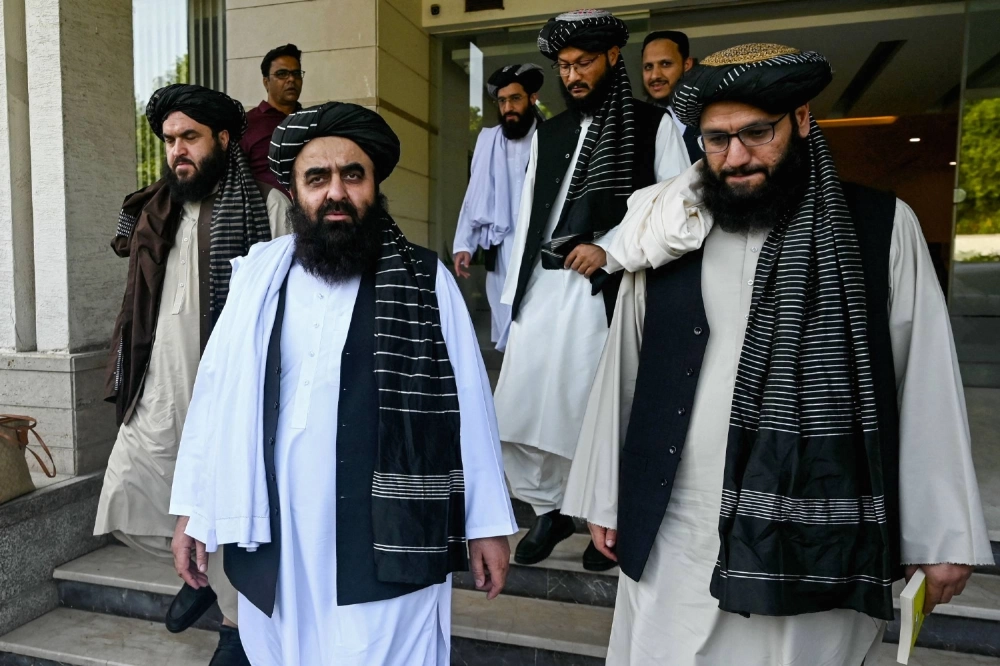By reopening its embassy in Kabul on Oct. 21, India has chosen engagement over isolation — a move that could prompt other major democracies, from Japan to the United States, to follow suit.
The decision restores direct communication with the Taliban rulers at a time when Pakistan’s airstrikes last month triggered several days of border conflict with Afghanistan, sharply worsening bilateral relations. India’s move also signals a readiness to deal with those in power — however unpalatable — to safeguard its long-term interests in Afghanistan and beyond.
The reopening followed Taliban Foreign Minister Amir Khan Muttaqi’s recent visit to India, enabled by a special United Nations sanctions exemption. While marking a cautious reset in India-Taliban relations, the visit indicated a shift in Afghanistan’s regional power dynamics as New Delhi and Kabul seek to counterbalance the influence of China and Pakistan.



















With your current subscription plan you can comment on stories. However, before writing your first comment, please create a display name in the Profile section of your subscriber account page.